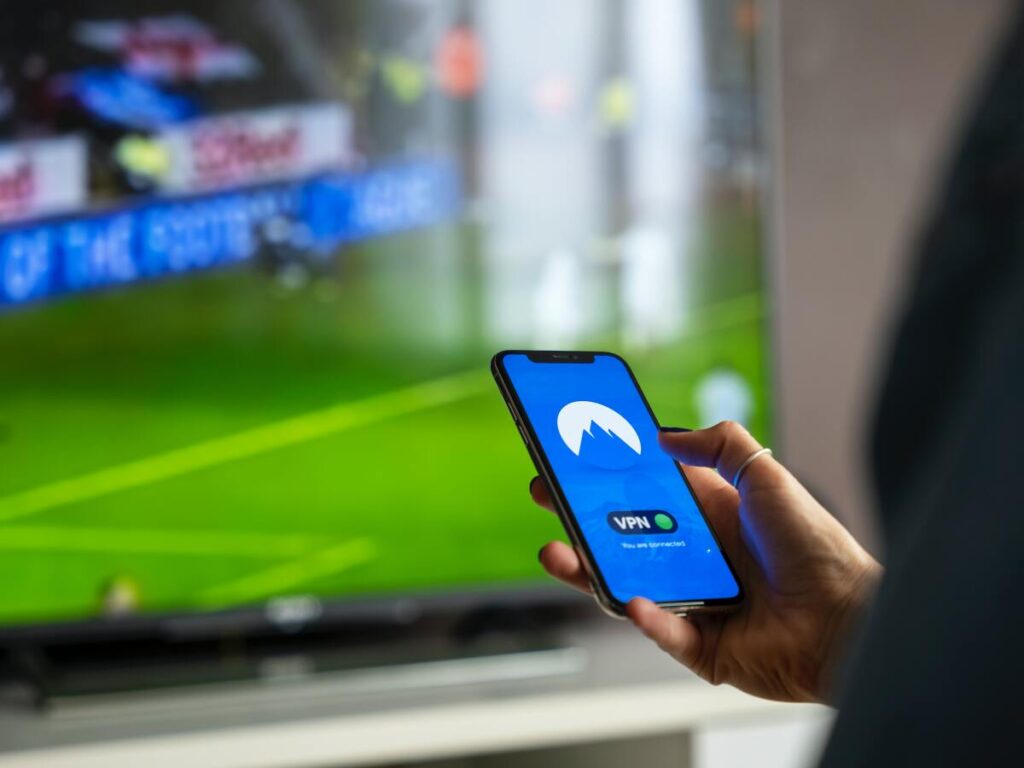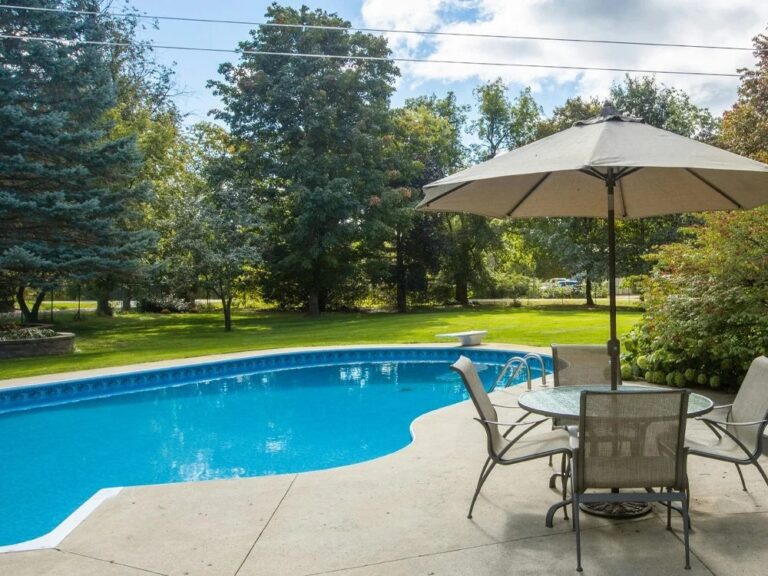Everybody knows that you can use a VPN to unlock geo-blocked content for streaming services like Netflix, Hulu, Disney+, and Amazon Prime. But is this the only advantage of a VPN?
Not at all! In fact, VPNs are great for improving your privacy and, in this article, we’ll talk about how they can do that. Plus, we came up with a list of the most important security features a VPN should have. This way, you can save this list for later and use it when you decide to get an AT&T VPN.
How Can a VPN Protect You on the Web?
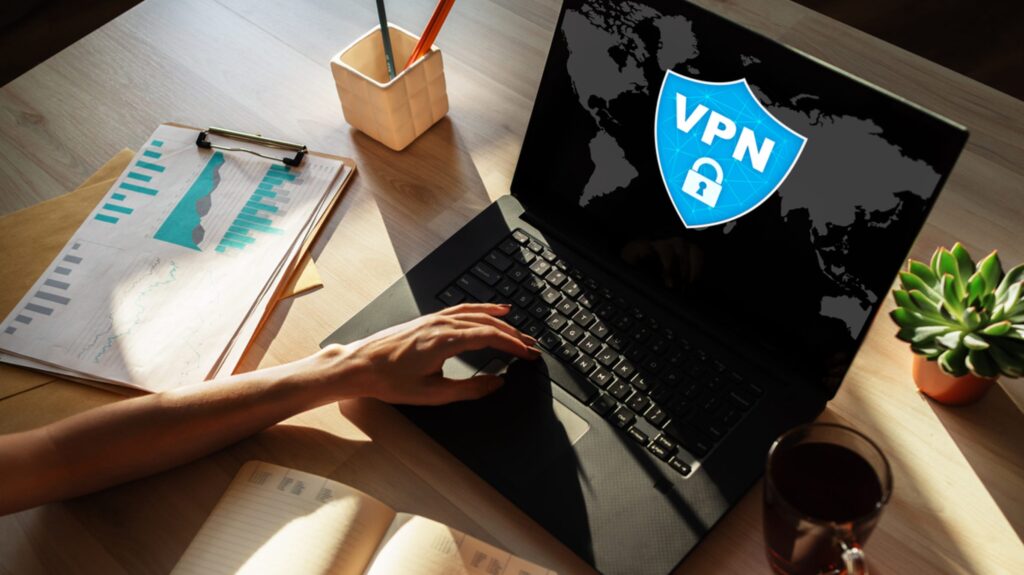
First of all, a VPN’s main job is to hide your IP address and encrypt your traffic.
The IP address is a unique set of numbers assigned to your device. There are no 2 devices in the world with the same IP address. So if you’re doing something on a certain device, your ISP knows who you are by looking at the IP address. That’s how they know who they should throttle and what websites or servers you’re on when you’re eating “too much” data.
What’s more, your device and the web exchange data constantly. So the websites and apps you’re visiting know your IP address and, because of that, they can see your location (ZIP code, city, country).
But when you’re connecting to the internet with a VPN server, data is rerouted through that VPN server. Now, your traffic is encrypted and you get assigned a new IP address.
This way, your ISP won’t know what you’re doing online. And the websites you’re visiting will see just your new IP address, not the original one.
Important Risks You Face with Your IP Address Exposed
Having your IP address exposed can put you in a lot of trouble. Here’s a list of just a few examples:
1. AT&T and Other Websites Might Sell Your Data to Advertisers
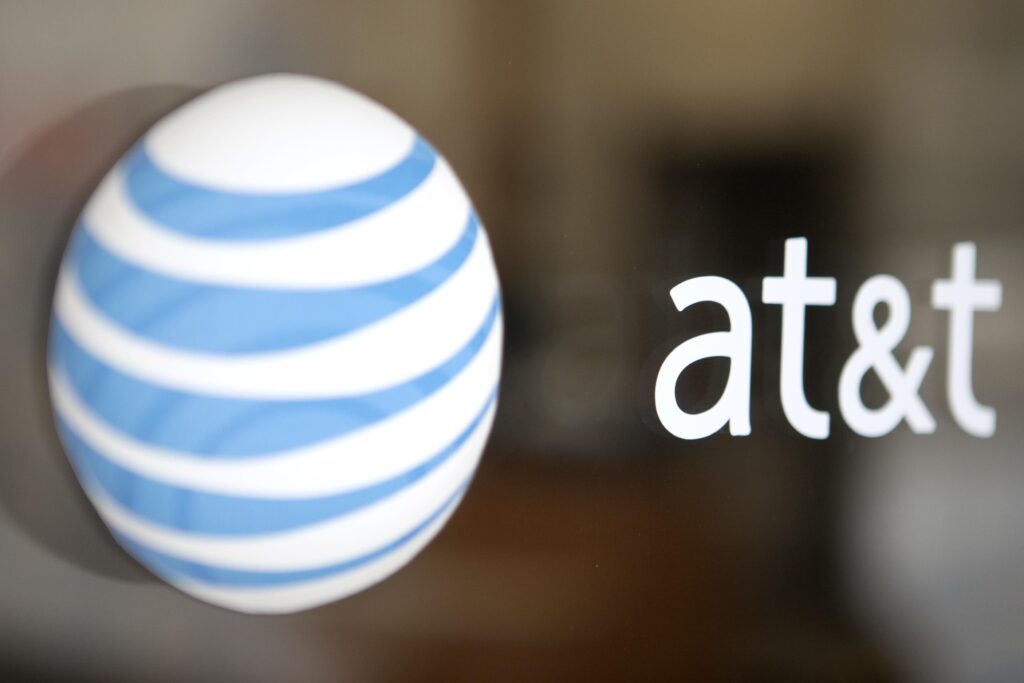
There is so much news telling us how social media apps use our data to improve their algorithms and give us ads based on our preferences whether we like it or not. Facebook and Instagram are just 2 examples of how annoying things can get.
Especially when you see that fake brands can push their ads on social media just like any other trusted company.
For example, there are times when you can’t tell if the ads you’re seeing are from a legit business or a fake one. So if you see a product that you like and decide to buy it, you might get scammed. And that’s because Facebook and Instagram push those ads based on your preferences.
But knowing that even ISPs might sell your data to advertisers – that’s a whole different story. If you value your privacy, you wouldn’t want this kind of information to fall into the wrong hands.
Because websites can’t see your IP address (because the VPN hides it), they can’t see your location and spam you with personalized ads.
2. Hackers Can Target You with DDoS Attacks
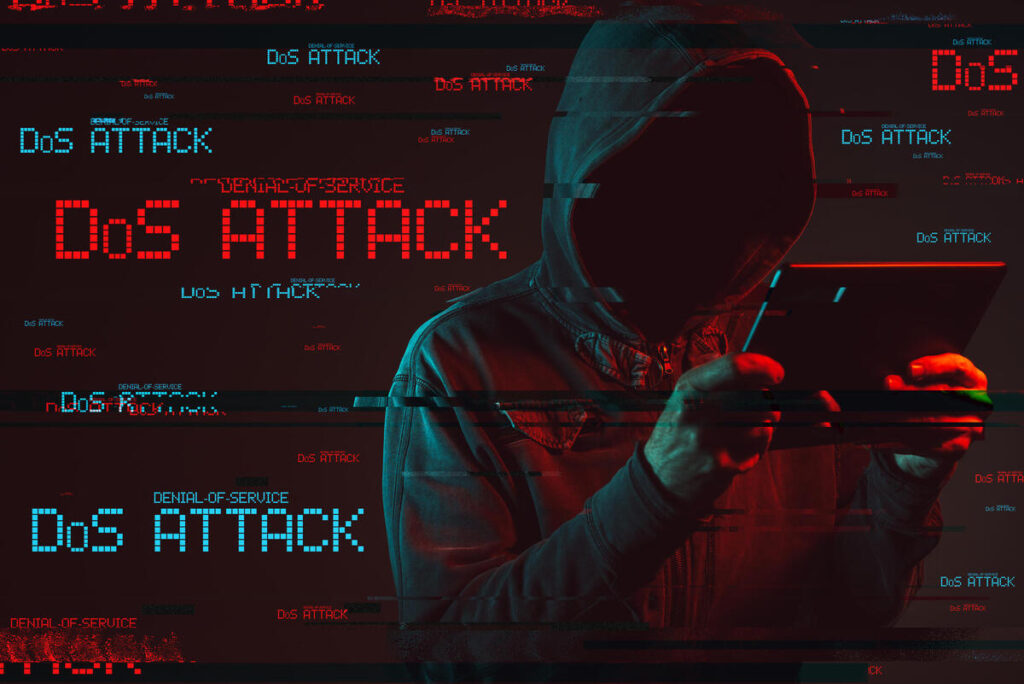
Just by knowing your IP address, hackers can perform Distributed Denial-of-Service (DDoS) attacks. In other words, they’ll flood your bandwidth with so much unwanted traffic until you get disconnected from the internet for a few hours.
It’s quite a common thing for hackers to ask for money in return. Otherwise, they won’t stop DDoS-ing you.
If you have a static IP address, you’ll have to talk with your ISP to change your IP address so it won’t happen again. If you have a dynamic IP address, restarting your router can solve the problem. Nevertheless, DDoS attacks are still an unpleasant and stressful experience.
But because a VPN hides your IP address, attackers can’t do DDoS attacks anymore.
3. You Might Get Threatened By Scammers
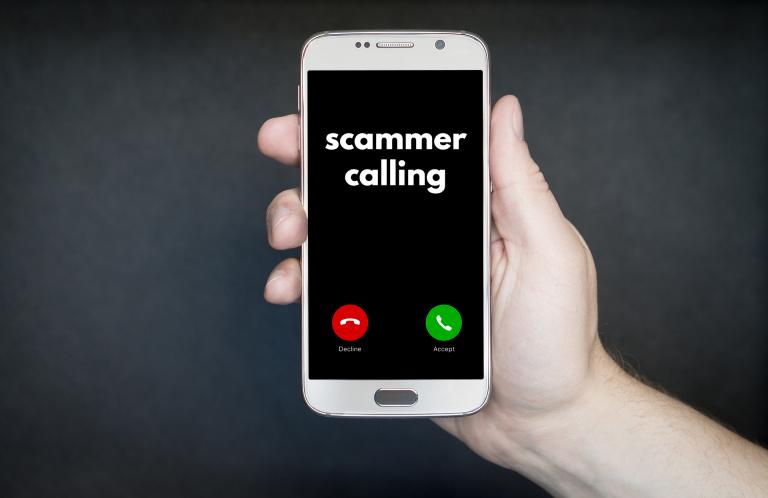
Not everyone can afford important software for work, so torrenting is their only option.
But when you’re torrenting, your IP address appears in the torrent swarm (a list of everyone that interacted with that torrent file).
Copyright infringement scammers can use your IP to find out who your ISP is. Then, they will contact your ISP and pressure it to share your contact information. Once they get it, they’ll threaten to take you to court for $50,000 (or any other huge amount of money) unless you agree to give them a smaller amount – $5,000, for example.
Using a VPN service means that your original IP address won’t appear in the torrent swarm anymore, so copyright scammers can’t target you anymore.
Essential Features an AT&T VPN Should Have to Protect Your Data
Here’s a list of the most important features a VPN should come with:
1. Bank-Grade Encryption
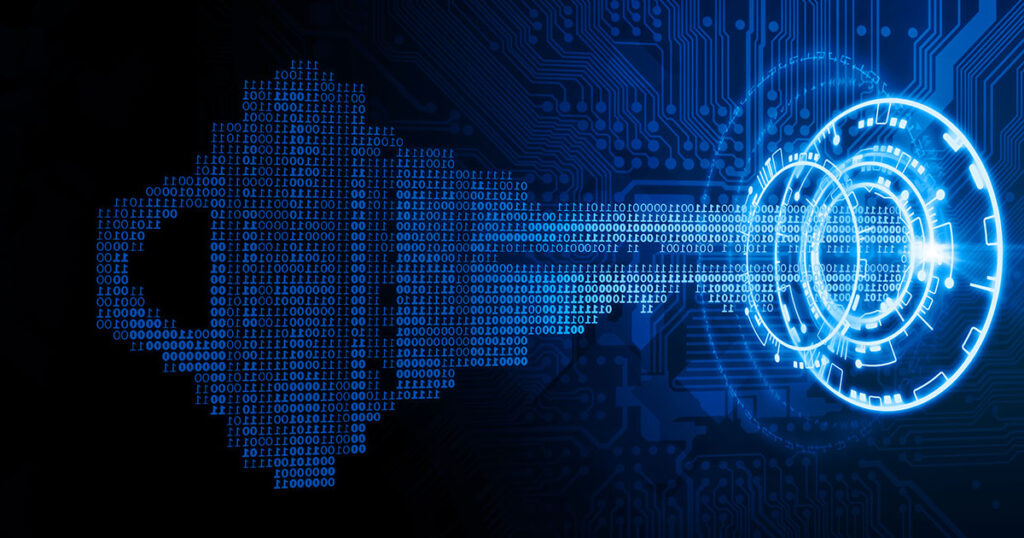
Bank-grade encryption refers to AES-256 encryption and supports the largest bit size, which makes it unbreakable. It would take 80 million years to break this encryption (even for the strongest computers we have right now).
2. Leak protection
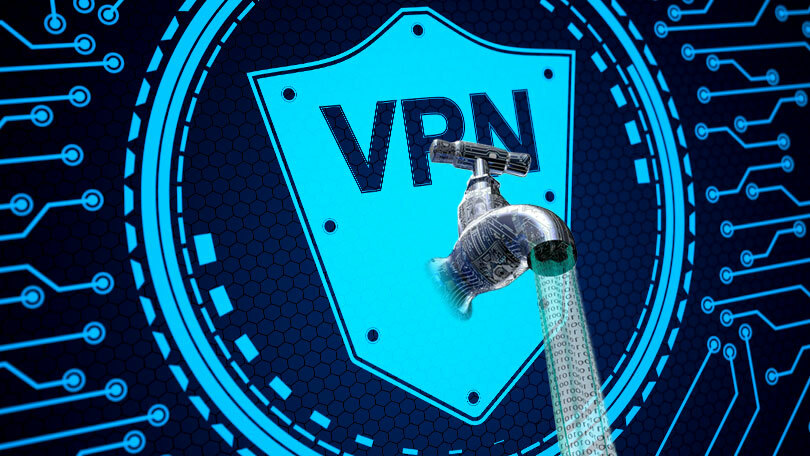
Sometimes, VPNs might suffer IP leaks. To protect you from that, your AT&T VPN must have built-in leak protection. This way, you won’t experience WebRTC, IPv6, or DNS leaks that can put your data at risk.
3. Kill Switch
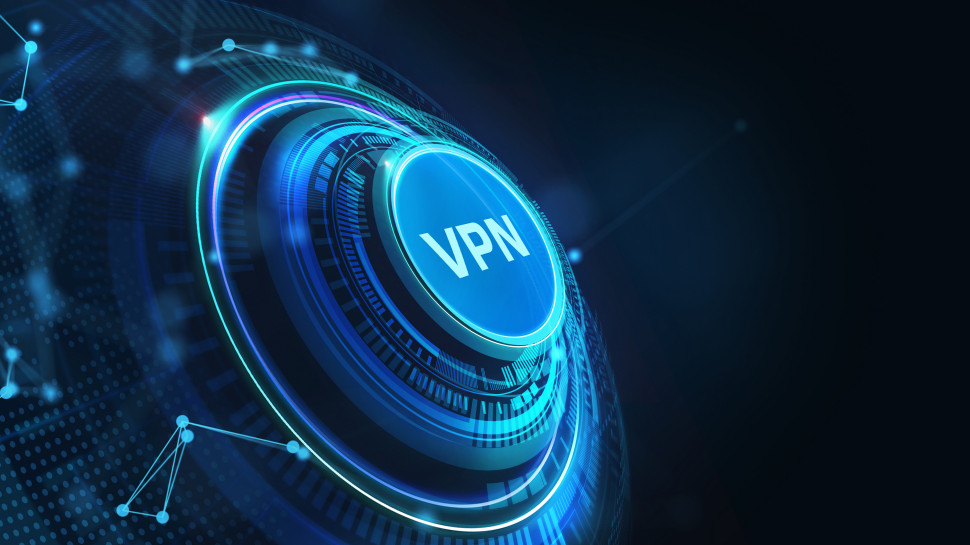
Sometimes, the VPN connection might drop, so you might happen to get disconnected from the VPN server. When this happens, your IP address might get accidentally exposed.
Well, a kill switch keeps you safe from any unexpected data leaks. So when you’re disconnected from the VPN server, you’ll also get disconnected from the internet. You’ll only be able to go back online when the VPN connection is restored.
4. Ad Blockers

VPNs have ad blockers, which stop annoying ads from popping up on the sites you visit (that also makes sites load faster). What’s more, VPN ad blockers can block connections to malicious sites, so they can protect you from phishing attacks.
But keep in mind that VPNs can’t protect you if you’re deliberately clicking on malicious links or ads or interacting with malware because they can’t prevent direct malware infections. Using a VPN and an antimalware program together provides the best online protection.
Do Free VPNs Protect Your Online Safety?
Not really. Free VPNs have weak encryption and often lack basic security features like strong encryption and a kill switch. They also have other problems – they don’t work with streaming sites, have very slow speeds, and limit how much data you can use each day or month.
Don’t forget, free VPNs are “free” – so how could they afford to offer everything a paid VPN provides?
The good news is that a paid VPN isn’t that expensive. If you choose the long-term plan, paid VPNs only cost around $2-$5 per month.
What Do You Look For When Getting a VPN?
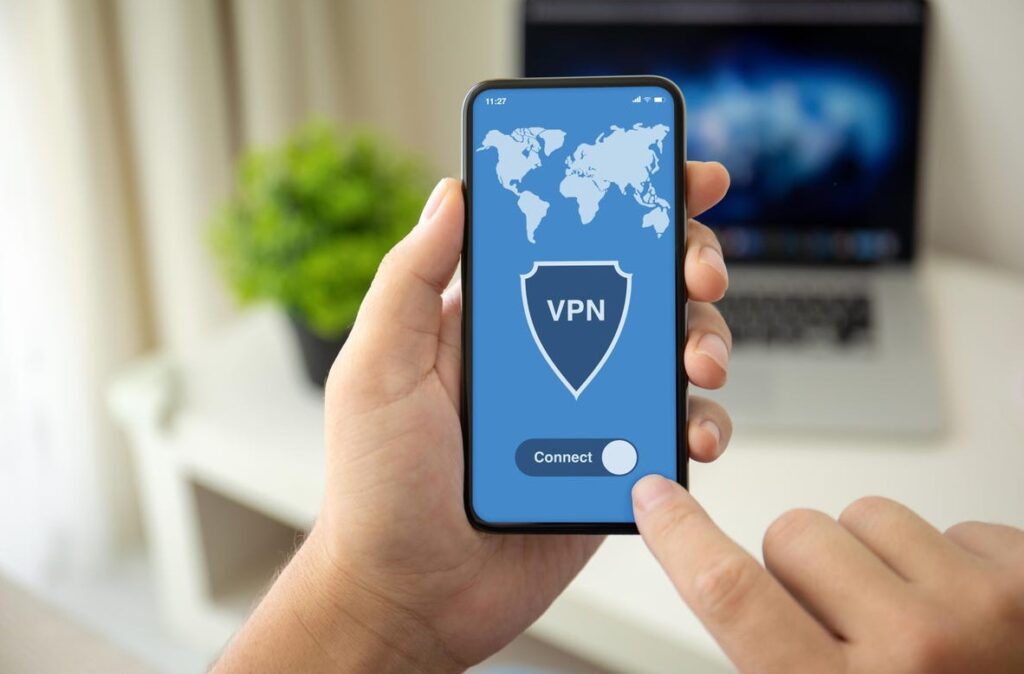
Some people want to get a VPN with a large server network so they won’t experience overcrowded servers that can cause noticeable slowdowns (freezes, high ping, or video buffering).
Others are willing to sacrifice their privacy for faster internet speeds and choose a VPN with weak encryption.
But what about you? Let us know in the comments if there are any particular features you think a good AT&T VPN needs to have.

